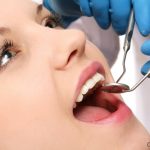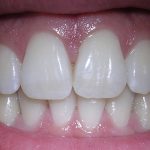PostWisdom Teeth Removal: The Surprising Consequences of Smoking

Wisdom teeth removal is a common dental procedure that is performed to alleviate pain and prevent future dental problems. Recovery from this procedure typically takes a few days, during which patients are advised to take medication and avoid certain activities. One of the most significant factors that can impact recovery is smoking. It is widely known that smoking can have negative effects on oral health, but the consequences of smoking after wisdom teeth removal may surprise you. Smoking after wisdom teeth removal can lead to a number of complications that can prolong recovery time and cause additional pain. The act of smoking itself can be harmful, as the sucking motion required to smoke can dislodge blood clots that have formed in the surgical site. This can lead to a painful condition called dry socket, which occurs when the nerves and bone in the socket are exposed. Additionally, smoking can reduce blood flow to the gums, which can slow down the healing process and increase the risk of infection. In this article, we will explore the surprising consequences of smoking after wisdom teeth removal and why it is essential to avoid smoking during recovery.
Wisdom teeth removal is a common dental procedure that involves the extraction of the third molars at the back of the mouth. This procedure is usually carried out to prevent dental problems like overcrowding, gum disease, and tooth decay. Smoking after wisdom teeth removal has been found to have some surprising consequences. Smoking can delay the healing process and increase the risk of complications such as dry sockets, infections, and bleeding. The chemicals in cigarette smoke can also cause irritation and inflammation in the gums, which can lead to pain and discomfort. Therefore, it is highly recommended that patients avoid smoking for at least 72 hours after wisdom teeth removal to ensure a smooth and successful recovery.
Delayed Healing
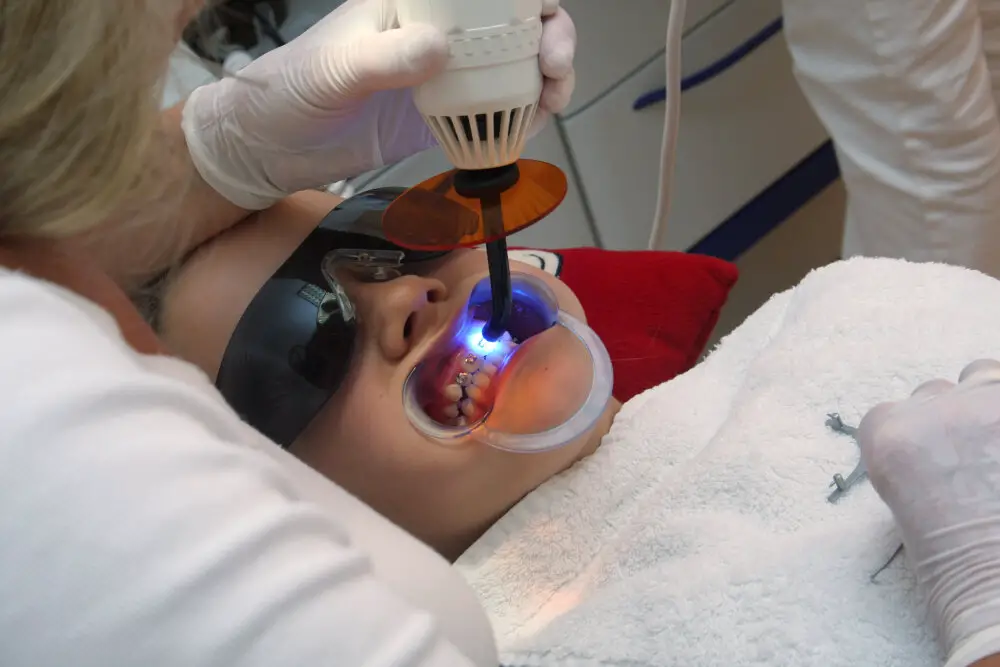
Delayed healing is a common consequence of smoking after wisdom teeth removal. The toxic chemicals present in cigarette smoke impair the body’s natural healing process, leading to delayed recovery. The nicotine in tobacco products is known to constrict blood vessels, reducing blood flow to the affected area. This decrease in blood flow limits the amount of oxygen and essential nutrients that reach the wound, slowing the healing process. Smoking also weakens the immune system, making it more difficult for the body to fight off infections. This can lead to complications such as dry socket, a painful condition that occurs when the blood clot that forms in the socket after tooth extraction becomes dislodged or dissolves, exposing bone and nerves. Smoking after wisdom teeth removal can also increase the risk of complications such as infection, bleeding, and swelling. The heat produced by smoking can irritate the wound, causing it to become inflamed and painful. This can also lead to complications such as gum disease and tooth decay. In addition, smoking can delay the efficacy of medication prescribed to manage pain and discomfort after surgery. Therefore, it is advised to avoid smoking for at least 48 hours after wisdom teeth removal to reduce the risk of complications and promote faster healing.
Smoking can significantly delay the healing process after wisdom teeth removal due to the harmful chemicals found in cigarettes. Nicotine and tar can damage the blood vessels, which are essential for blood flow and tissue repair. In addition, smoking impairs the immune system, making it more difficult for the body to fight off infections and inflammation. This can lead to complications such as dry socket, a painful condition that occurs when the blood clot that forms after extraction is dislodged. Furthermore, smoking can increase the risk of developing oral cancer, which can further compromise the healing process. Therefore, it is recommended to avoid smoking for at least 48 hours after wisdom teeth removal and to quit smoking altogether for better oral and overall health.
After undergoing wisdom teeth removal, it is crucial to prioritize the healing process to avoid any complications. Proper healing requires strict adherence to post-operative instructions, which includes avoiding smoking. Smoking can have detrimental effects on the body’s ability to heal, and it can increase the risk of dry socket, a painful condition that occurs when the blood clot in the socket where the tooth was removed becomes dislodged. Dry socket can lead to prolonged discomfort and delay the healing process. Therefore, it is essential to avoid smoking and follow all post-operative instructions to ensure a quick and successful recovery.
Increased Pain and Discomfort
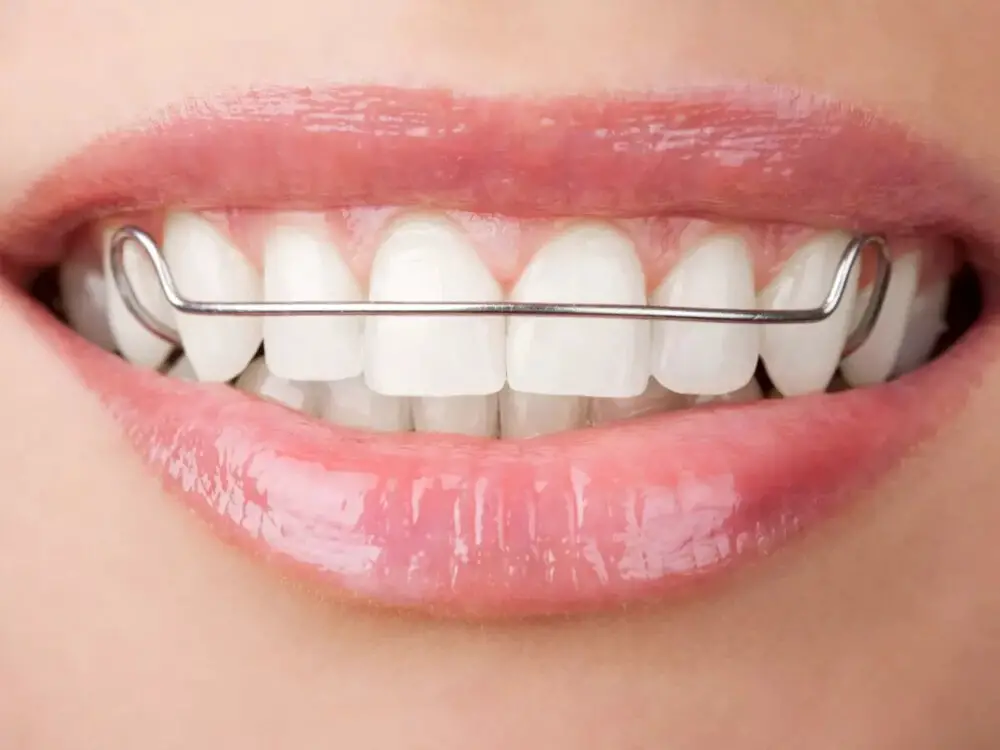
Post-wisdom teeth removal, smoking can lead to increased pain and discomfort. Smoking constricts blood vessels and reduces blood flow, which can impede the healing process. This can cause dry socket, a painful condition that occurs when the blood clot that forms in the socket where the tooth was extracted becomes dislodged or dissolves before the wound has fully healed. Dry socket can lead to intense pain, a bad taste in the mouth, and bad breath. Smoking also increases the risk of infection, which can prolong the healing process and cause further discomfort. In addition, the chemicals in cigarettes can irritate the wound and slow down the healing process, making it more difficult for the body to repair itself. The pain and discomfort caused by smoking after wisdom teeth removal can be particularly problematic because it can interfere with the healing process and make it more difficult to eat, speak, and sleep. Pain and discomfort can also increase stress levels, which can further impede the healing process. In addition, smoking can cause inflammation, which can increase pain and discomfort in the mouth and jaw. For these reasons, it is important to avoid smoking after wisdom teeth removal to minimize pain and discomfort and promote optimal healing.
Smoking can significantly increase pain and discomfort during the healing process after wisdom teeth removal. The chemicals in tobacco smoke damage the tissues in the mouth, slowing down the healing process and increasing the risk of infection. Smoking also reduces blood flow to the gums, which can lead to delayed healing and increased pain. Furthermore, smoking can cause dry sockets, a painful condition that occurs when the blood clot that forms after tooth extraction is dislodged. In addition to the physical effects, smoking can also increase the risk of mental health issues, such as depression and anxiety, which can further exacerbate pain and discomfort. Therefore, it is crucial for individuals to abstain from smoking during the healing process to ensure proper healing and minimize pain and discomfort.
Smoking is a harmful habit that can cause a wide range of health complications. When it comes to post-wisdom teeth removal, smoking can exacerbate the risk of dry socket, a painful condition that occurs when the blood clot that forms after tooth extraction is dislodged or dissolved prematurely. The chemicals in cigarette smoke can interfere with the healing process, leading to inflammation, infection, and delayed recovery. Additionally, smoking can reduce blood flow to the gums, which can impede the formation of new blood vessels and slow down tissue regeneration. Therefore, it is crucial to avoid smoking and other tobacco products after wisdom teeth removal to ensure proper healing and reduce the risk of complications.
Higher Risk of Infection

After the removal of wisdom teeth, smoking increases the risk of infection considerably. Smoking is known to reduce the body’s ability to fight infections, which makes the healing process after surgery more challenging. This is because smoking can compromise the immune system, making it less effective at fighting off infections. Additionally, smoking can narrow blood vessels, reducing the amount of oxygen and nutrients that reach the wound site. This can slow down the healing process and increase the risk of infection. Smoking can also delay the formation of blood clots, which are crucial for the healing process. All these factors can lead to a longer and more painful recovery period. Moreover, smoking after wisdom teeth removal can lead to a dry socket, a condition that occurs when the blood clot that forms in the socket is dislodged or dissolved. This can expose the bone and nerves, leading to severe pain and an increased risk of infection. Nicotine and other chemicals in cigarettes can constrict blood vessels and impair the body’s ability to form a clot, which can increase the chances of developing a dry socket. Therefore, it is essential to avoid smoking or using any tobacco products for at least 72 hours after wisdom teeth removal to ensure proper healing and minimize the risk of complications.
Smoking is a major risk factor for infections after wisdom teeth removal. This is because smoking damages the lining of the mouth and throat, making it easier for bacteria to enter the bloodstream and cause infections. Additionally, smoking can impair the immune system, which makes it harder for the body to fight off infections. The chemicals in cigarette smoke can also slow down the healing process, which can further increase the risk of infections. Therefore, smokers are advised to quit smoking at least 24 hours before the surgery and avoid smoking for several days after the procedure. Failure to do so can lead to serious complications, such as dry socket, which is a painful condition that occurs when the blood clot in the socket is dislodged, exposing the bone and nerves.
Infection after wisdom teeth removal can have serious consequences that may require additional treatment and lead to further complications. An infection can lead to swelling, pain, and fever, making it difficult to eat, speak, or even breathe. In some cases, the infection can spread to other parts of the body, such as the bloodstream, causing sepsis, a potentially life-threatening condition. Moreover, infections can delay healing and increase the risk of developing dry socket, a painful condition that occurs when the blood clot that forms after the extraction becomes dislodged, exposing the bone and nerves. Therefore, it is essential to follow the post-operative instructions given by the dentist or surgeon, which may include taking antibiotics and avoiding smoking or other activities that can increase the risk of infection.
LongTerm Consequences

Wisdom teeth extraction is a common surgical procedure that many individuals undergo. However, most people do not consider the long-term consequences of smoking after the procedure. The habit of smoking can lead to severe complications such as infection, dry socket, and loss of bone in the jaw. The chemicals in cigarettes can lead to a decreased level of oxygen in the body, which slows down the healing process and makes the recovery time longer. This causes the wound to be more susceptible to infections, which can lead to long-term damage to the surrounding tissues and bones. Smoking can also cause dry socket, which is a painful condition where the blood clot that forms after the extraction is dislodged. This can lead to severe pain, bad breath, and an unpleasant taste in the mouth. Additionally, smoking can cause loss of bone in the jaw, which can lead to the teeth becoming loose and falling out. This can lead to a host of other dental problems, such as gum disease and tooth decay. Furthermore, smoking can also have long-term effects on one’s overall health, including an increased risk of cancer, heart disease, and lung disease. The chemicals in cigarettes can cause damage to the respiratory system, making it difficult to breathe and increasing the risk of developing lung disease. Smoking can also cause damage to the cardiovascular system, leading to an increased risk of heart disease, stroke, and other related health issues. Moreover, smoking can also have an impact on mental health, with research suggesting that it can lead to depression, anxiety, and other mood disorders. Therefore, it is crucial to understand the long-term consequences of smoking after wisdom teeth extraction and to avoid the habit altogether to ensure a speedy recovery and maintain overall health and wellbeing.
Smoking is a habit that can have long-term consequences for oral health, including an increased risk of gum disease and oral cancer. When someone inhales smoke, it can damage the soft tissue in the mouth and cause inflammation in the gums. This can lead to a buildup of plaque and bacteria that can cause gum disease. Over time, smoking can also damage the cells in the mouth and increase the risk of developing oral cancer. Even after wisdom teeth removal, smoking can still have harmful effects on the healing process and increase the risk of complications. Quitting smoking is essential to maintaining good oral health and reducing the risk of long-term consequences.
Quitting smoking is essential for overall health and wellbeing, especially after wisdom teeth removal surgery. Smoking not only affects oral health but also increases the risk of lung cancer, heart disease, stroke, and other health issues. Smoking can also delay the healing process and increase the risk of infection after surgery. Quitting smoking can improve breathing, promote healing, reduce the risk of complications, and enhance overall health. It may be challenging to quit smoking, but the benefits are worth the effort. By quitting smoking, individuals can improve their quality of life, reduce the risk of disease, and promote overall wellbeing.
Smoking after wisdom teeth removal can have several negative consequences that can prolong the healing process. The act of smoking sends toxins and chemicals into the bloodstream, which can slow down the body’s ability to heal. Additionally, the suction created when inhaling smoke can dislodge the blood clots that form in the sockets, leading to a painful condition known as dry socket. Smoking also increases the risk of infection and can cause inflammation, which can exacerbate the discomfort and swelling that is common after wisdom teeth extraction. In short, smoking after wisdom teeth removal is not only detrimental to your overall health, but it can also hinder the body’s natural healing process, leading to longer recovery times and potential complications.
If you are a smoker who has recently undergone wisdom teeth removal, it is important to understand the potential consequences of continuing to smoke. Smoking can significantly impair the healing process and increase the risk of infection, dry socket, and other complications. Moreover, smoking takes a significant toll on your oral and overall health, increasing the risk of gum disease, tooth loss, and a range of chronic health conditions. Quitting smoking is not easy, but it is essential if you want to improve your oral and overall health and ensure a smooth recovery from wisdom teeth removal. So, take this opportunity to commit to a smoke-free lifestyle and reap the many benefits it has to offer.
Conclusion
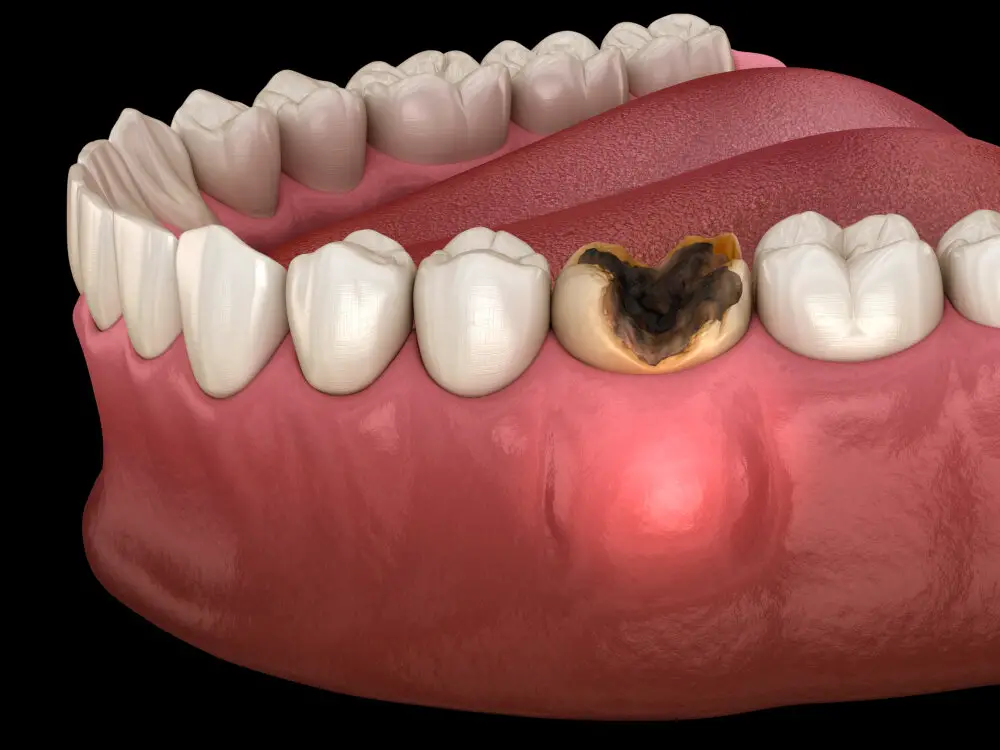
In conclusion, smoking after wisdom teeth removal can have surprising and detrimental consequences on the healing process and overall oral health. The negative effects of smoking, including delayed healing, increased risk of infection, and dry socket, can prolong recovery time and cause unnecessary pain and discomfort. It is important for individuals to take their oral health seriously and avoid smoking during the critical healing period after wisdom teeth removal. By making healthy choices and following post-operative instructions, patients can ensure a smooth and successful recovery.
